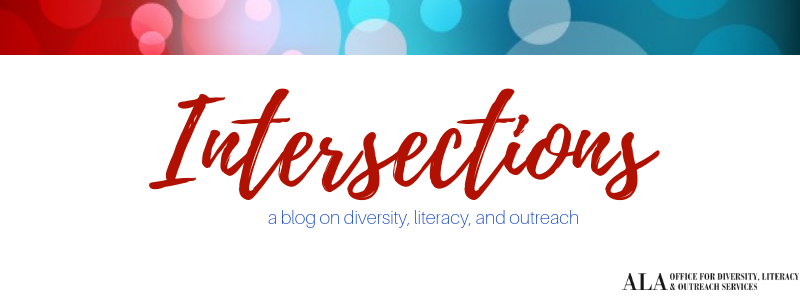
By: Karen I. Berry, Instruction Librarian, John Preston McConnell Library at Radford University
In early 2020, two of my instruction librarian colleagues and I had finished reading Robin DiAngelo’s White Fragility and felt prepared to address the symptoms of white fragility that we had seen in ourselves and our coworkers. While previous efforts toward social justice in the library had fizzled out, reading this book and hearing first-hand from a Black faculty member of a microaggression they had experienced in the library made us decide that it was time for another try. We started planning a discussion group to discuss racism and social justice. A few weeks later, the murder of George Floyd and the resulting social unrest only solidified the urgency of this need.
Radford University is a public teaching university with two campuses in southwestern Virginia with about 11,000 students. While one of our campuses is located in the city of Roanoke, our main campus in Radford is in a more rural locale. The university is predominately white, but in recent years the number of students of color has increased to about 30%. These students have reported frequent instances of racist altercations and microaggressions around campus. Knowing this, we wanted to do what we could to prevent such altercations in the library.
Our group meets on Zoom monthly for an hour of discussion: each session centered around a different issue in diversity, equity, and inclusion. We identify 3-4 sources for each topic, including videos, articles, podcasts, and tests/games. Topics so far have included implicit bias and microaggressions. Since our early-August semester-start made scheduling difficult, we decided to encourage everyone to try the 21-Day Anti-Racism Challenge on their own.
As a grassroots initiative rather than a top-down initiative, the meetings are entirely optional, but we hope that with an inviting environment in this important national moment, participation will increase. We recognized the limitations of this approach and agreed that if only the three of us showed up, at least we started a discussion and created space in the library for growth and learning. We established ground rules, and for each set of suggested resources, we draft a number of questions to discuss in case of conversation lulls. These are sent out ahead of time, along with a Doodle Poll to gauge availability and gather ideas for future topics.
We have noted only a few challenges so far. Some conversations have wandered off-topic, so in the future, we plan to stick more strongly to the pre-selected discussion questions. Also, in addition to other typical challenges that come with these sorts of discussions, I worry that attendance might be low as a result of Zoom fatigue.
However, given the heightened awareness of inequities that have presented themselves in the last few months due to the pandemic and police killings of unarmed Black people, attendance at our meetings has continually grown. We have a few pieces of advice for others attempting a similar program:
- Share the burden – Find colleagues to help plan, find sources, and run discussions; alternate months or work together to decrease workload.
- Recognize power dynamics within the group – Questions should focus on the texts. Try to make sure that library workers who have less power feel protected.
- Recognize limitations – In our case, all organizers and participants are White, so it is important to have a list of ground rules that includes recognizing this and vowing to lean into discomfort and hold each other accountable.
This discussion series is a great opportunity to make change amongst library staff while working remotely on a tight budget. It can be scaled to meet an institution’s needs and doesn’t require any new resources.
I would like to thank my colleagues Lisa Dinkle and Alyssa Archer, without whom neither this post nor the discussion group described therein would have been possible.
